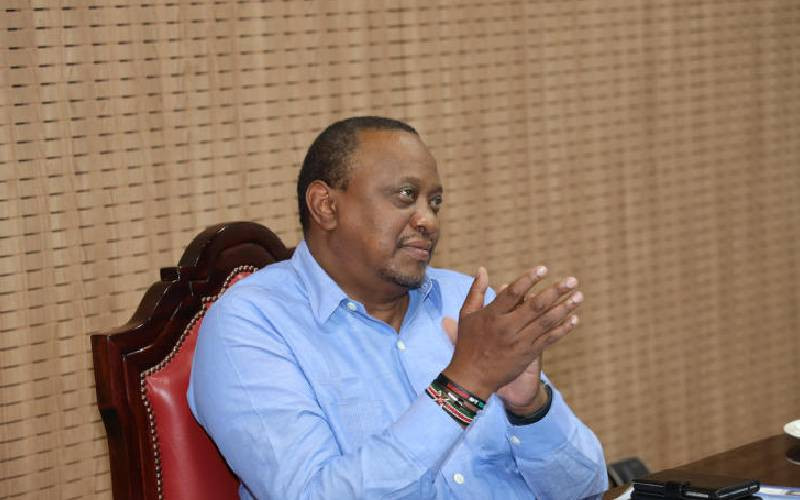×
The Standard e-Paper
Home To Bold Columnists

On Monday last week, former President Uhuru Kenyatta was on radio appealing for peace and tolerance.
He was speaking Kiswahili, but he was not addressing Kenyans as he used to.